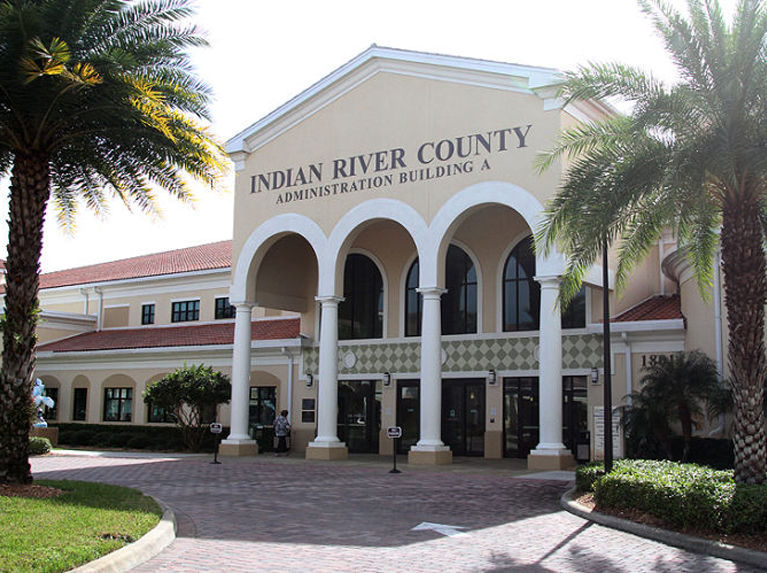
INDIAN RIVER COUNTY — The Indian River County Board of Commissioners has budgeted $100,000 to seek legal counsel in three areas relating to the sale of Vero Beach electric to FPL.
“The sale of the Vero Electric system to FPL is apparently not the done deal that some said it was,” said Commissioner Bob Solari at the Board of County Commissioners meeting on Tuesday.
He continued, “The deal appears to be stuck behind the wall of an unelected bureaucracy that has perhaps forgotten that its primary purpose ought to be to help the municipalities, which are its members, serve the customers of the municipal systems.”
Solari suggested the Board authorize the County Attorney to seek out legal support in the petitioning of the Public Service Commission, attack of the constitutionality of the FMPA’s permanent agreement, and the possibility of filing an anti-trust suit with the Attorney General.
“I believe this is the best thing we can do for the economic development in the County,” Solari said.
“At this point in time, we have done all we can do,” said FPL External Affairs Director Amy Brunjes.
Brunjes also appeared at the City Council meeting in Vero Beach on Tuesday prior to speaking at the County Commissioner’s meeting.
“We have worked diligently, tirelessly, and creatively over the last four years,” Brunjes said in front of Commissioners. “What’s needed now is strong leadership on the City Council to persuade the FMPA.”
She added, “They have a willing buyer if they’re succesful.”
Brunjes said that the City of Vero Beach is now in the “driver’s seat,” and that FPL will not dedicate more resources or man hours to drafting new proposals that have, for years, only been turned away.
One community member expressed concern that the Board of County Commissioners would lose focus on vying for a “full sale,” and instead focus on lowering rates only for the unincorporated areas.
“We certainly would not stand in the way of a full sale,” Solari said, adding, “I think we should focus our efforts on the areas we can best use our efforts.”
The Board unanimously voted to use up to $100,000 to pursue the legal action it discussed.



